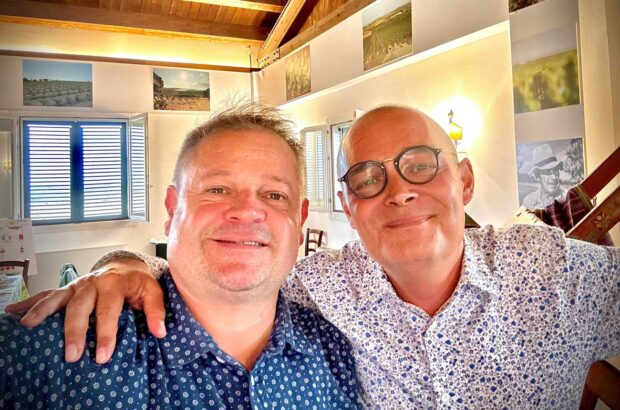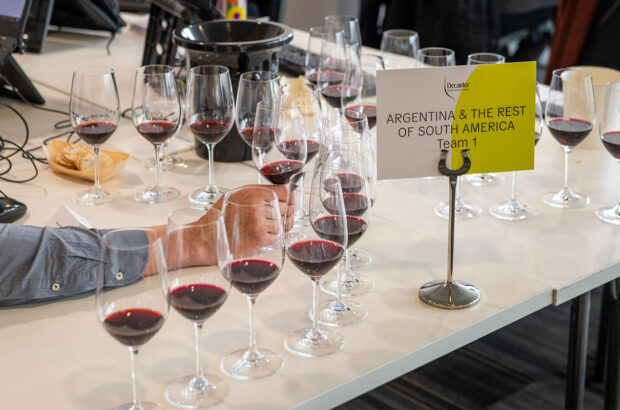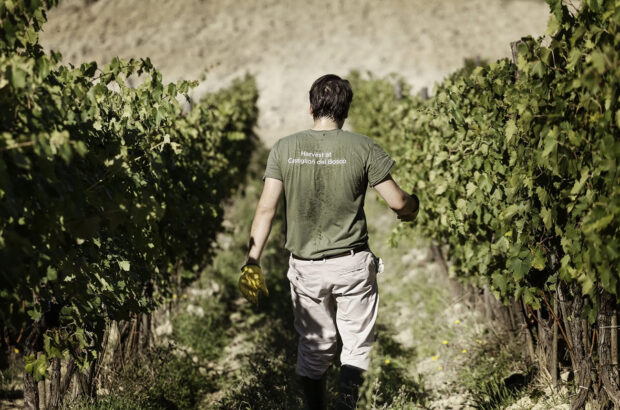Wine collector Hardy Rodenstock 'removed labels from ancient bottles' of French wines and had them reproduced, according to German magazine Stern.
In an article titled ‘The Great Label Swindle,’ Stern says in its 13 November issue, ‘It is unclear whether the German justice department will investigate’ Rodenstock ‘since the reprinting of wine labels by itself is not a criminal offence.’
Rodenstock is the source of the so-called Thomas Jefferson bottles, which some experts have pronounced fraudulent and are the subject of litigation.
Stern claims Rodenstock had labels reproduced in a small printing house in Germany. It quotes Rodenstock as saying he had done business with the owners of the company but they never printed wine labels for him.
Printing house owner Rüdiger Kluth told Stern the labels ‘included Rothschild, Pétrus, many known names.’
The reproduced labels, he said, looked ‘really old.’ The Kluths said they deliberately used old yellowed paper.
Stern claims that in 2007 Rodenstock gave a client a gift of three wine labels, framed. One was from a 1945 Mouton Rothschild Jeroboam; the label had a golden V, for victory over Nazi Germany that year.
A French Finance Ministry laboratory, the Laboratoire SCL in Bordeaux, compared the Mouton label to an original from the chateau, and according to Stern, pronounced it a fake.
At the same time, Mouton managing director Hervé Berland pointed to various discrepancies and said, according to Stern, ‘the Rodenstock label is fake.’ The laboratory, Stern said, ‘fully confirms Berland’s judgment.’
The laboratory also examined the backs of the other labels Rodenstock had framed for his client, a Mouton and Lafite, both purportedly from 1900.
Stern said, ‘The glue, according to the results, is the same on all the labels. It is a glue that did not exist in 1900, a synthetic product made of polyvinyl acetate, that was developed in Germany.’
Written by Howard G Goldberg in New York






